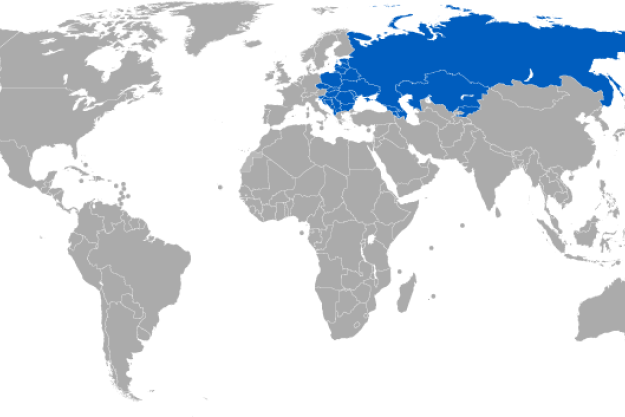
36 participants from 23 States Parties attended.
The Government of Bulgaria and the Organisation for the Prohibition of Chemical Weapons co-hosted the Eighth Regional Meeting of the National Authorities of the States Parties in Eastern Europe in Sofia from 26 to 28 May 2009. The meeting was attended by 36 participants from twenty-three States Parties: Armenia, Azerbaijan, Belarus, Bosnia and Herzegovina, Bulgaria, Croatia, Czech Republic, Estonia, Georgia, Hungary, Kazakhstan, Latvia, Lithuania, the Former Yugoslav Republic of Macedonia, Moldova, Montenegro, Poland, Romania, Russian Federation, Serbia, Slovakia, Slovenia and Ukraine.
The meeting was opened on 26 May 2009 by H.E. Mr. Petar Dimitrov, Minister of Economy and Energy of Bulgaria and the OPCW Director-General, Ambassador Rogelio Pfirter. In his opening address, Mr Dimitrov stressed his country’s commitment to the goals and objectives of the Chemical Weapons Convention. He said: “I acknowledge the fact that the Organisation for the Prohibition of Chemical Weapons has become an exemplary model for effective international cooperation demonstrating efficiently that the concept of global disarmament under stringent international control is becoming an actual reality thanks to the professional work of the Technical Secretariat and the Director-General”.
In his opening remarks Ambassador Rogelio Pfirter stressed the crucial role played by the National Authorities in the effective implementation of the Chemical Weapons Convention (CWC) and welcomed the strong and positive contribution made by States Parties in Eastern Europe in achieving the objective of full and effective implementation of the Convention.
The Director General said: “I for one have consistently advocated strengthening the non-proliferation aspects of the Convention through an enhanced regime in the category of Other Chemical Production Facilities (OCPFs). The number of declared facilities under this category has been consistently increasing. With dramatic changes in technology, a significant number of plant sites are now capable of being transformed in a very short period of time. This increases the relative risk of their potential to be misused. In order to enhance confidence amongst States Parties regarding these facilities, there is a requirement to increase the number of OCPF inspections, and also collect enhanced information about the plant characteristics, so that inspections in this category are conducted at the most relevant sites. Hence, the initiatives we have taken in this field, which I hope the Member States will ultimately support.”
National Authority representatives considered issues arising from the implementation of the Article VI verification regime and new initiatives taken by the Secretariat in this regard. The participants shared their national experience on practical implementation-related issues. The presence of representatives from twenty-three States Parties provided a good opportunity for these representatives to meet with the Secretariat staff to discuss issues of specific interest to individual States Parties in bilateral discussions.
The meeting also agreed on a future programme of work for the Eastern European region designed to address the needs of States Parties.
OPCW News 22/2009, distributed 29 May 2009
